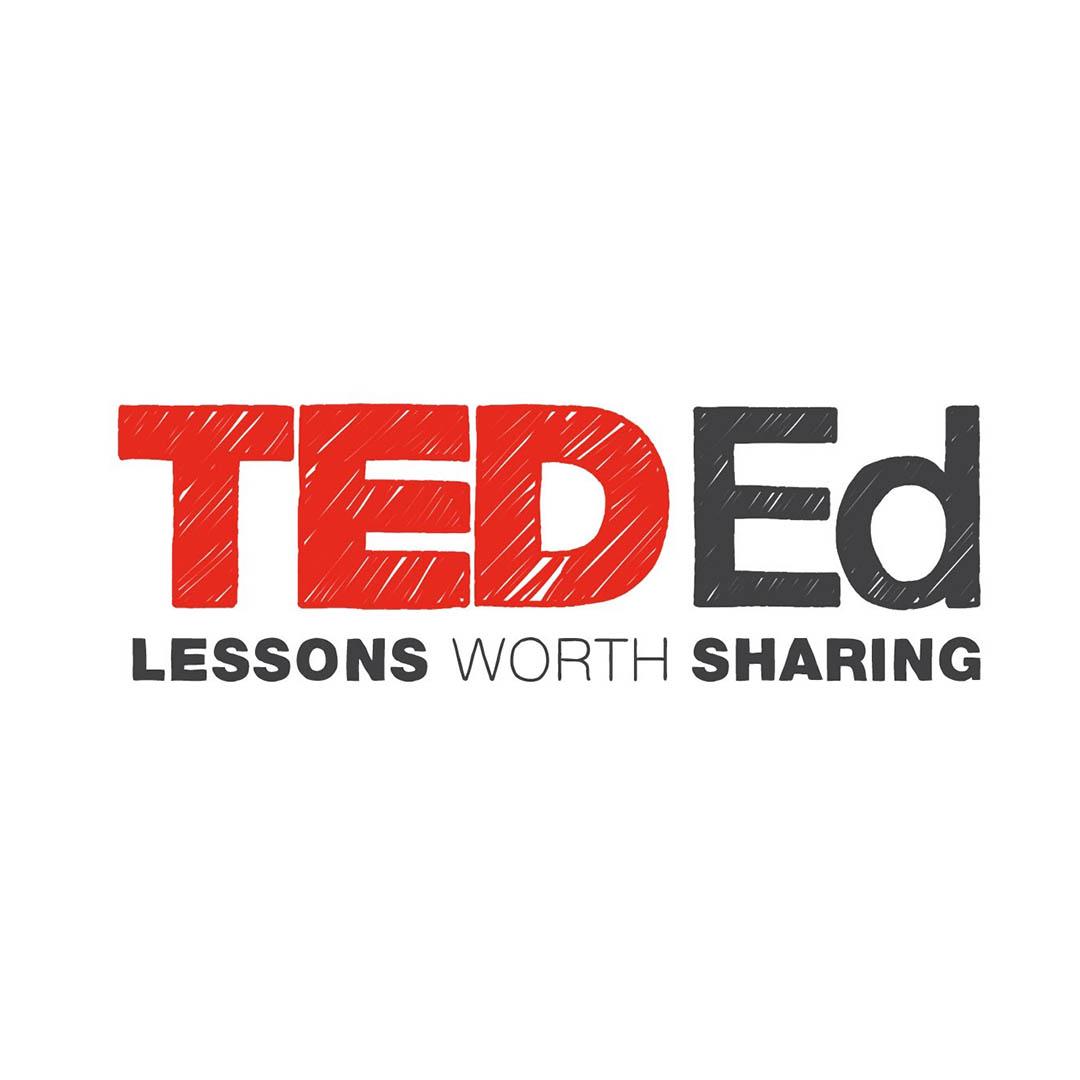The language of lying — Noah Zandan
View full lesson: http://ed.ted.com/lessons/the-language-of-lying-noah-zandan We hear anywhere from 10 to 200 lies a day. And although we’ve spent much of our history coming up with ways to detect these lies by tracking physiological changes in their tellers, these methods have proved unreliable. Is there a more direct approach? Noah Zandan uses some famous examples of lying to illustrate how we might use communications science to analyze the lies themselves. Lesson by Noah Zandan, animation by The Moving Company Animation Studio.
